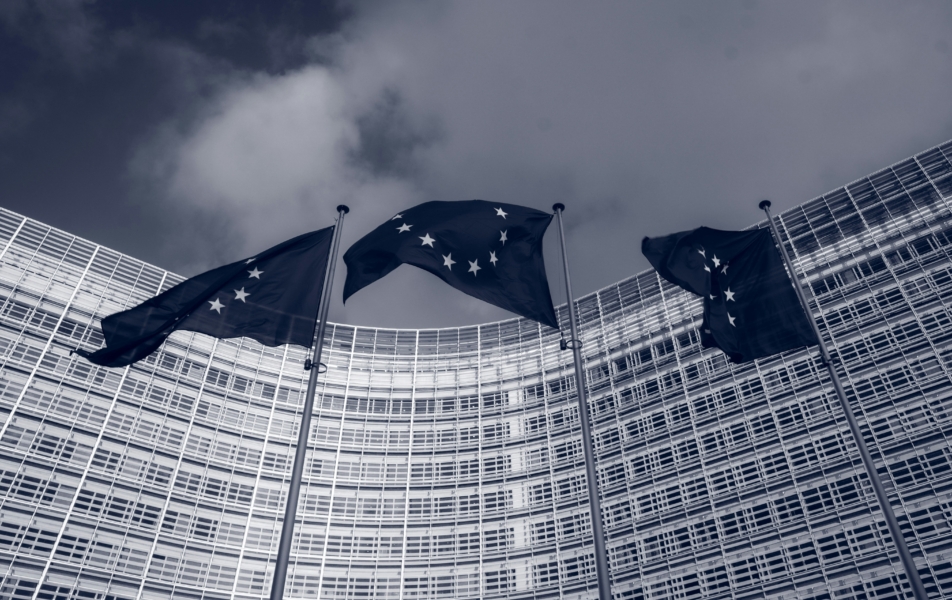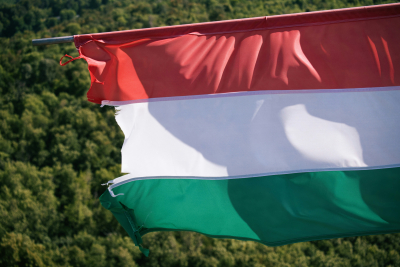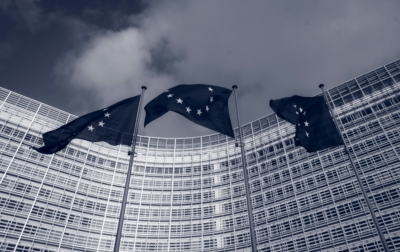The following letter was sent by Transparency International EU and the undersigned organisations. Access it as a PDF file here. Access the annex here.
Dear Minister,
On 25 June, the EU General Affairs Council is set to examine the situation in Hungary under Article 7.1 of the Treaty on European Union (TEU).
Ahead of this meeting, our organisations once again call on your leadership to take the Article 7.1 TEU procedure against Hungary forward, by issuing recommendations to the government and/or holding a vote to determine that there has been a serious breach of Article 2 TEU values by this member state. As Hungary prepares to take up the EU Council’s Presidency on 1 July, it is paramount to use the opportunity to lay the foundations for further action to be taken in 2025.
As for the Article 7.1 TEU procedure against Poland, the European Commission decided on 29 May to close the procedure by withdrawing its 2017 reasoned opinion, which triggered the mechanism on account of a clear risk of a serious breach of the rule of law. We, the undersigned organisations, regret the premature closure of the Article 7.1 TEU procedure, which risks undermining ongoing efforts by the Polish government to restore the rule of law (as detailed further below), and the credibility of the procedure as the sole instrument by which the EU can defend its core values against systemic attacks in a comprehensive manner.
Our organisations urge the Council to continue to closely monitor developments in Poland, especially in the context of the implementation of reforms laid down in the Action Plan presented by the Polish government in February 2024, and to stand ready to use all available instruments to respond to breaches of the rule of law and other Article 2 TEU values, including those which could impact the EU’s financial interests.
HUNGARY
Multiple breaches of Hungary’s compliance with the values enshrined in Article 2 TEU have persisted or substantially worsened since the triggering of the Article 7 procedure. These relate to the independence of the judiciary, corruption, conflicts of interests, media independence and pluralism, the functioning of the constitutional and electoral systems, and civic space.
Hungarian authorities continue violating human rights and the rule of law, ignoring the multitude of rulings and recommendations from regional and international bodies. Hungary is still functioning under a state of danger and political interference with the judiciary is still cause for concern. Meanwhile, contempt for the Court of Justice of the European Union (CJEU) and European Court of Human Rights (ECtHR) rulings continues, as Hungarian authorities also openly disregard the latest CJEU decision on non-implementation of judgements. In addition, authorities crack down further on independent voices in civil society, media and politics with the set-up of the Sovereignty Protection Office, and on the LGBTI+ community through amended decrees in relation to Hungary’s LGBTI+ Propaganda Law.
The new Sovereignty Protection Office, with unfettered access to personal data to find, surveil and sanction those deemed ‘foreign agents’, can target opposition parties, civil society organisations and independent journalists. This office operates at will, without oversight nor judicial review and offers no avenue for legal redress.
POLAND
In Poland, despite progress made following the electoral victory of the democratic coalition led by Prime Minister Donald Tusk in October 2023, concerns remain. Legislative reforms aimed at restoring the rule of law face significant hurdles due to the presidential veto. Efforts by the government to amend the law on the National Council of the Judiciary (NCJ) to reduce political influence have not resolved concerns about proportionality and judicial independence, which need careful implementation to align with European standards. Simultaneously, recent shifts in state media management have sparked debate over the lawfulness of the measures undertaken and freedom of the press. At the Poland-Belarus border, violations persist regarding the treatment of asylum seekers, despite reports by Polish and international NGOs of ongoing pushbacks. These ongoing violations in the ‘buffer zone’ coupled with a proposed draft amendment to the Criminal Code, which would retroactively legalize violations of the law by public officials, indicate that Poland has yet to bring itself into substantial compliance with its human rights and rule of law obligations.
While progress has been made with proposed amendments to liberalize access to abortion, the reform process is at a standstill.
The proposed reforms, as well as the request for Poland to join the European Public Prosecutor’s office and the government’s commitment to implementing CJEU and ECtHR judgments, represent a positive first step towards bringing Poland back in line with international and European rule of law standards. Yet, critical challenges remain to a full restoration of the rule of law in Poland, which make the decision to end the scrutiny under Article 7.1 TEU premature.
The undersigned organisations are concerned that the decision to prematurely close the Article 7.1 TEU procedure against Poland, and the failure to take further steps in the procedure pending against Hungary could also impact the credibility of the Article 7 procedure, which its critics already accuse of excessive politisation. In the aftermath of one of the most tense European elections in EU history and ahead of the incoming Hungarian Presidency, preserving the procedure and ensuring its effectiveness is crucial to maintain the EU’s credibility in defending its core values both domestically and internationally.
In the annex, you will find some more detail and links to further documentation on the developments listed in this letter.
We stand ready to provide any further information you may require.
Yours sincerely,
Amnesty International
FIDH (International Federation for Human Rights)
International Commission of Jurists
Protection International
Transparency International EU





